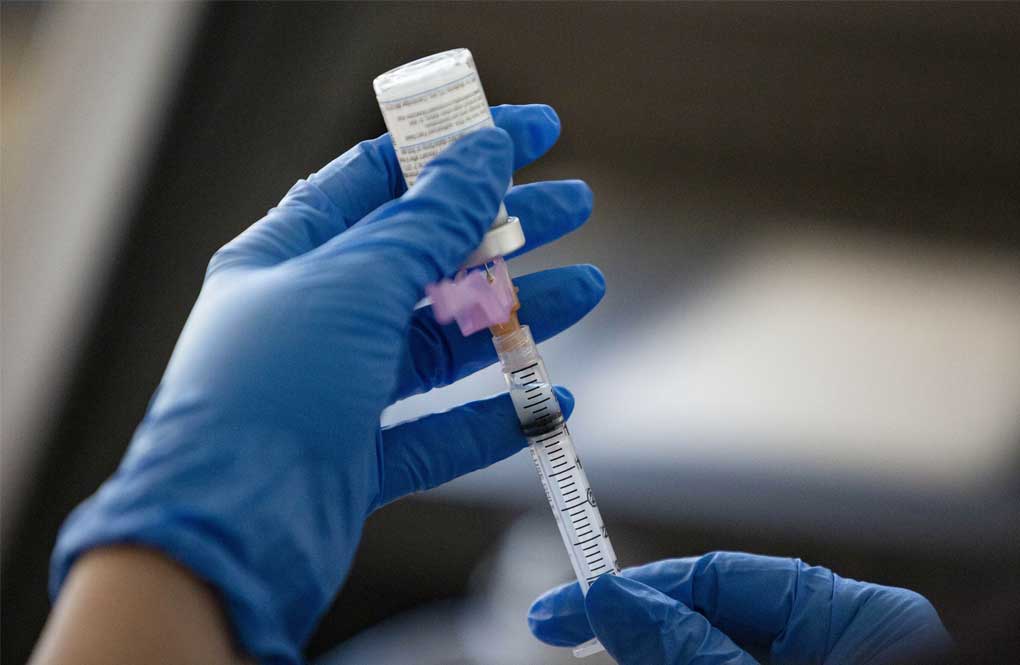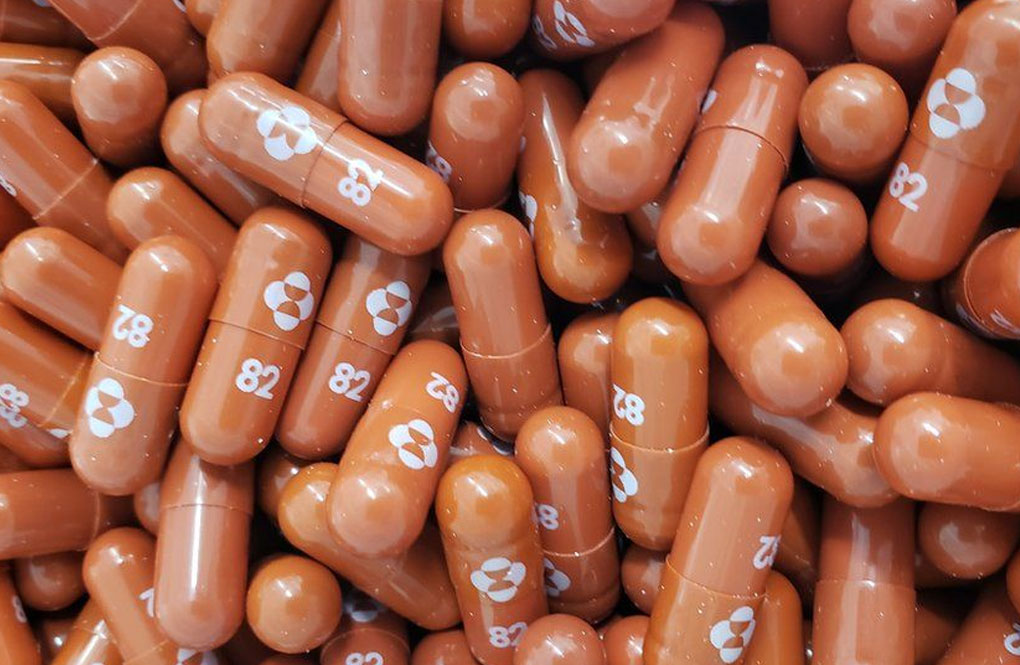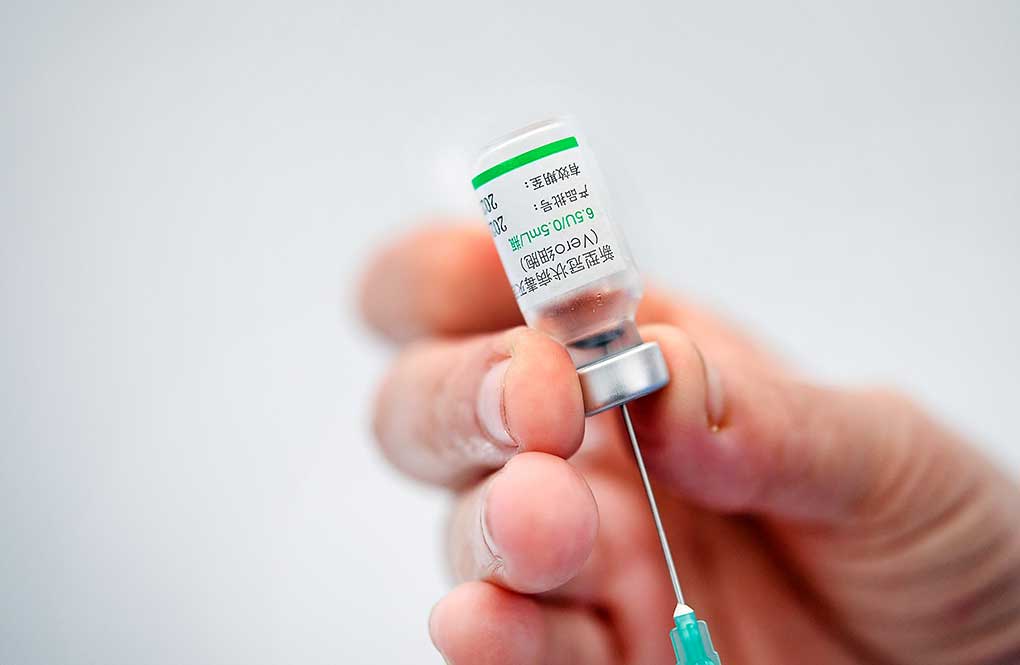The first Americans vaccinated against COVID-19 are getting their second dose, while Britain has decided to postpone boosters and focus instead on giving more people a first shot — international differences that are adding to public confusion.
The U.S. and other countries are facing logjams in using the scarce shots that already have been raced out. Still, there’s ongoing debate about how to stretch supplies. Here are some questions and answers about vaccine dosing:
WHAT VACCINES ARE AVAILABLE?
That differs by country. The U.S. is allowing emergency use of two very similar vaccines, one made by Pfizer and Germany’s BioNTech and the other made by Moderna. Britain is using the Pfizer shot and a different type of vaccine made by AstraZeneca that also has been cleared in India. The European Union is rolling out the Pfizer shot.
Each requires two doses for full protection, either three weeks or four weeks apart depending on the vaccine.
COULD I WAIT LONGER BETWEEN DOSES?
Last week, British health officials decided it was OK to delay the second dose as long as 12 weeks. It was a huge surprise since none of the coronavirus vaccine studies were designed to test such a gap between doses.
British officials said postponing booster doses meant they could give more people at least some protection with a first shot. They said unpublished data from the AstraZeneca study suggested waiting a little longer between doses might be better in the long run but provided no details.
But the big question is how long partial protection from just one dose can last.
“There is no data to demonstrate that protection after the first dose is sustained after 21 days,” Pfizer said.
Likewise the U.S. government is sticking to the recommended dosing schedule. Health and Human Services Secretary Alex Azar said on ABC’s “Good Morning America” Monday that scientific data “just isn’t there” to support the different strategy.
COULD SUPPLY BE STRETCHED BY USING SMALLER DOSES?
That speculation arose when Dr. Moncef Slaoui, who advises the U.S. vaccine program Operation Warp Speed, told CBS’ “Face the Nation” Sunday that there’s some data showing two half-doses of the Moderna vaccine might work.
Slaoui said it shows a lower dose sparked a good immune reaction in people ages 18 to 55, and that officials are discussing the approach with Moderna and the Food and Drug Administration.
Presumably Slaoui was referring to early-stage studies in very small numbers of people that explored which dose to put to a real test. But the FDA allowed emergency use of Moderna’s vaccine based on a 30,000-person study that found two full doses 28 days apart are about 95% protective against COVID-19 — data that’s far more solid than just checking immune reactions.
“At this point we don’t have any further information to share about any potential ongoing regulatory discussions,” Moderna spokesman Ray Jordan said Monday.
WOULD THESE IDEAS SPEED VACCINATIONS?
It’s far from clear that stretching doses will get them into people’s arms any faster at this point. In the U.S., initial supplies haven’t been used nearly as fast as experts had hoped. Officials expect that to pick up with the holidays over and health workers getting more experience handling the shots.
As of Monday, more than 4.5 million people have been vaccinated out of more than 15 million doses the U.S. government has shipped to the states. That’s not a real-time count but an estimate based on reporting of inoculations that can take days to trickle in. States are deciding who gets the shots, and that varies, although many are giving priority to health care workers and nursing home residents.
If officials did stretch doses “but there’s still not uptake, then it’s not going to make a difference,” U.S. Surgeon General Jerome Adams said Monday on “CBS This Morning.”
CAN MY SECOND DOSE BE A DIFFERENT VACCINE THAN MY FIRST?
Don’t mix and match, says the FDA. There’s no data showing if vaccines can be interchanged.
In fact, that’s why the U.S. government is holding millions of vaccine doses in reserve, until it’s clear that getting more supplies in time for everyone’s booster isn’t a problem.
Recipients get a card with information about which vaccine they received and when to return for the second dose.
(AP)













